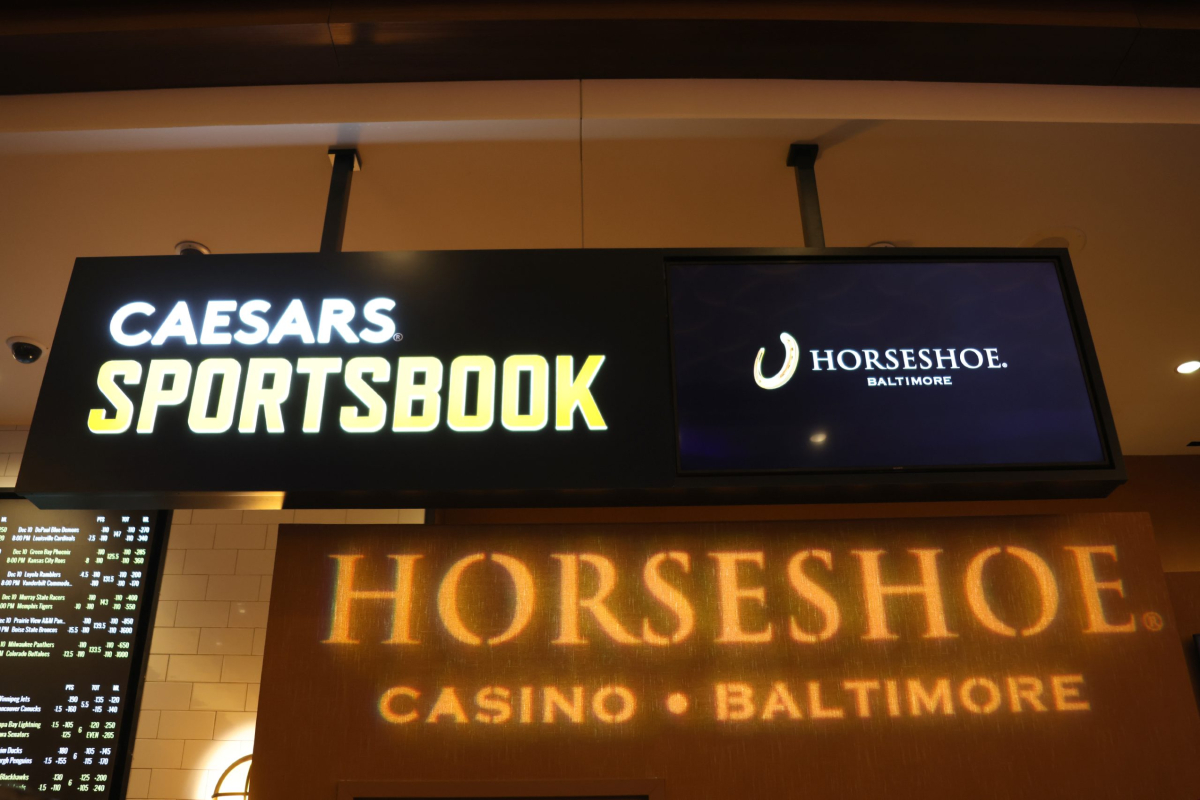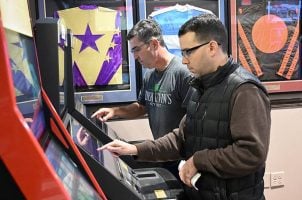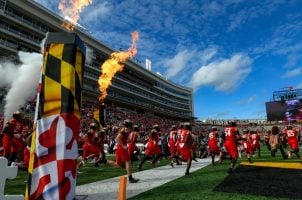Maryland Sports Betting Commission Publishes Scolding Public Comments
Posted on: October 11, 2022, 02:55h.
Last updated on: October 11, 2022, 03:54h.
The Maryland sports betting agency tasked with determining the licensing process and governing regulations for expanded gaming has taken another step. It has unveiled the public remarks it fielded during its comment period that concluded on September 26.

Much of the public input submitted to the Sports Wagering Application Review Commission (SWARC) scolded the agency for its seemingly long deliberating process.
Marylanders approved amending the state constitution to allow state lawmakers to pass legislation allowing gambling on sports during the November 2020 election. The Maryland General Assembly sent sports betting legislation last year to Gov. Larry Hogan (R), who signed the measure into law on May 18, 2021.
The sports betting law allows for in-person betting and wagering over the internet. But more than 16 months later, legal mobile sports betting has yet to debut in the Old Line State. In the states where retail and online sports betting is allowed, the vast majority of the action is facilitated remotely from inside the state.
SWARC has deflected criticism regarding its lethargic path to getting online sportsbooks up and running. They do so by pointing to the fact that the sports betting bill included equity requirements in the licensing process. The law proposed that a thorough “disparity analysis” be completed by an independent third-party research firm to determine if Maryland’s gaming industry previously discriminated against minority groups.
In July, SWARC amended its application process to remove race and gender-based licensing criteria. The commission is instead requiring that each online sportsbook applicant tell the state how the company plans to improve or maintain diversity within 30 days of receipt of a sportsbook license.
Residents Angry
Maryland sports fans who wish to bet through a legally approved online channel are running out of patience.
“Yesterday, it cost me $7 in gas and one hour and 20 minutes of my time to drive to the nearest casino to make a sports bet,” Bel Air resident Tom Rothschilds told SWARC in an email dated September 7, 2022.
How much money and time has SWARC cost Maryland residents of all ethnicities and income levels because they are forced to drive to a casino to make sports bets instead of being able to make sports bets on their mobile phone? When is SWARC going to do their job?” Rothschilds asked.
“What in God’s name is taking so long?” pondered Marylander Kris Sankar. She also voiced the opinion that bettors will be fretful about wagering with an unknown sportsbook newcomer that might have only been granted a license because of the company’s minority ownership makeup.
“No one will use an unknown book to wager, because there is no credibility. So, give out the licenses already and stop wasting time and money,” Sankar demanded.
Inclusive Betting Markets
Companies that hope to participate in online sports betting in Maryland also weighed in on the SWARC conversation. And those entities focused more on the specific application language that the commission has proposed.
Attorneys representing bet365 panned SWARC’s recommendation that mobile applicants have at least one direct or indirect owner controlling 5% or more of the applying entity to be held by a person who has a personal net worth of less than $1.847 million.
“By requiring that only entities with individual(s) that have 5% ownership interest of that entity have a personal net worth of under $1,847,000, SWARC risks severely restricting who may participate in the market without having a corresponding benefit to Maryland and its citizens,” commented Robert Moncrief, legal and regulatory counsel for bet365’s US operations. “Any limitations on what operators can participate in the industry that aren’t driven by suitability or experience considerations, run the risk of adversely impacting the tax revenue generated by the state, as well as limiting customer choice in what would otherwise be a robust and competitive industry.”
Related News Articles
Maryland Sports Betting Licenses Require Operators to Develop Diversity Plan
Maryland Sportsbook Requests to Ease Incentives Rules Denied
Most Popular
Mirage Las Vegas Demolition to Start Next Week, Atrium a Goner
Where All the Mirage Relics Will Go
Most Commented
-
Bally’s Facing Five Months of Daily Demolition for Chicago Casino
— June 18, 2024 — 12 Comments















